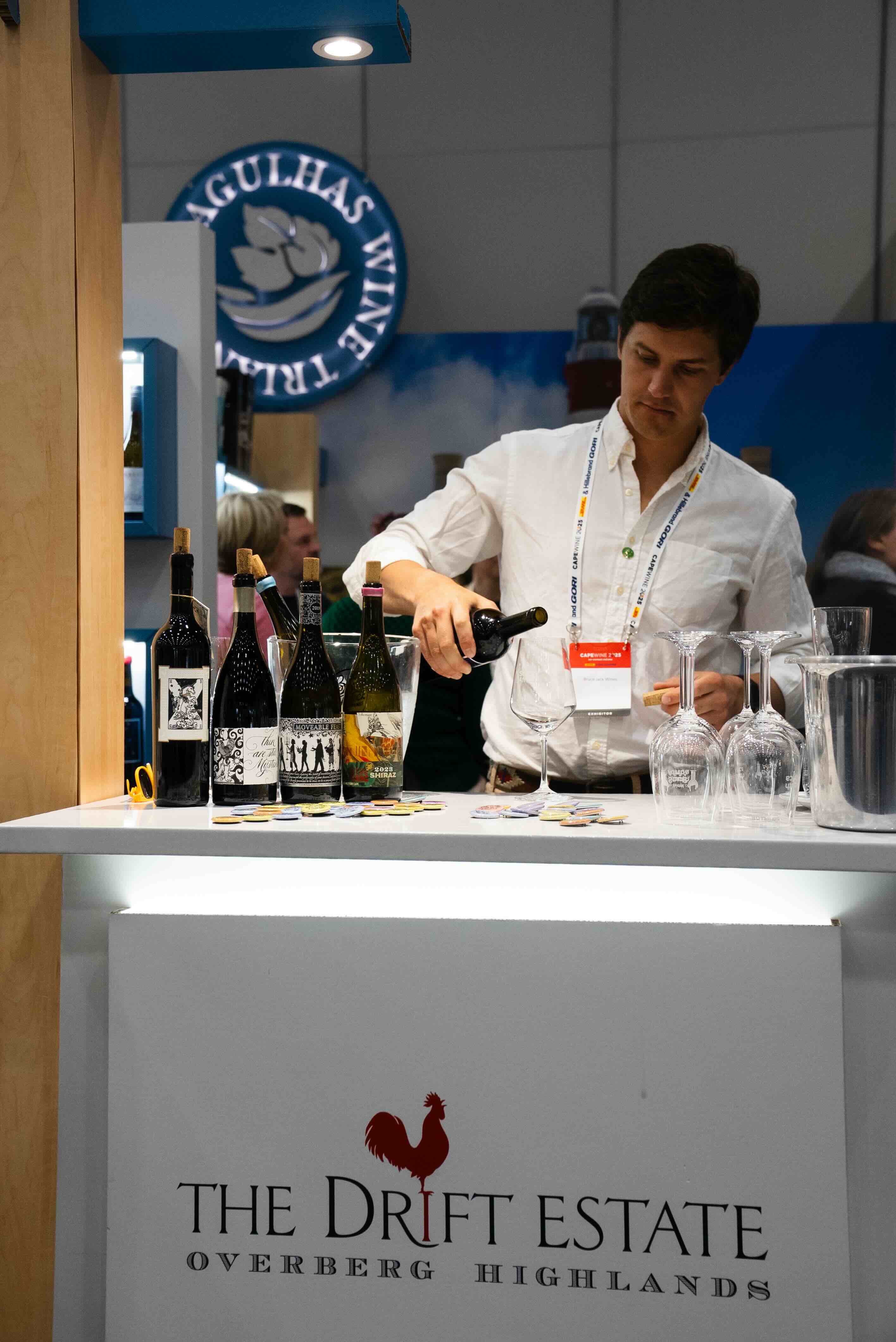November’s Vineyard & Winery Show turned out to be the largest industry event of its kind, with over 70 exhibitors, 1,300 visitor registrations and a packed schedule of seminars and tastings.
Some of the key topics included investment in wine tourism to support the growth of the industry, building resilience in a changing climate and optimising quality potential.
The seminar series was sponsored by Ferovinum. We wanted to talk about how we are helping producers face these issues.
1. Investing for growth
As previously reported by WineGB, in 2020 visits to vineyards and wineries rose on average by 57%. Over 28% of UK producers’ sales were made at the cellar door, with another 22% made through direct-to-consumer channels.
Producers who are able to invest in creating suitable facilities, training staff to deliver a great customer experience and robust direct to consumer capabilities will be able to take advantage of shifting consumer buying behaviour and home-grown tourism, unlocking the lifetime value of an engaged consumer.
So far, Ferovinum has supported a number of UK producers in making these investments by releasing capital against existing wine stock; a more efficient way to access funding than heavy reliance on owners’ equity or bank debt. It also creates a sustainable capital cycle for the industry where the value of the wine itself can be utilised to access funding to be re-invested in cultivating consumer demand.
The inventory funding platform has now formed the key institutional partnerships that will support the deployment of over £100m of funding into the drinks sector in the UK in 2022 and is expected to add further banks and institutional capital providers to its platform in the coming months.
2. Building resilience and reducing liquidity risk in a changing climate
While climate change creates the potential for increased yields, it also brings the threat of freak weather events and unpredictability. Producers must expect the unexpected. Having flexible access to liquidity to weather the storms, as well as having the capacity to profitably capture the opportunities created by record yields is crucial.
As well as creating a buffer against liquidity risk, Ferovinum’s funding platform has also enabled producers to take advantage of opportunities in an agile way, such as financing the purchase of additional stock at short notice and also funding the bottling and finishing costs of larger vintages like 2018.
3. Optimising our ‘fine wine’ potential.
Matthew Jukes hosted a tasting showcasing some of England’s ‘fine wines’; those with the potential to evolve with longevity and complexity over many years. These ageworthy credentials were demonstrated beautifully by wines such as the 2010 Nyetimber Classic Cuvee and 2014 Hattingley Valley King’s Cuvée.
While the cash-flow pressure of extended lees-aging is already well-known, as the industry matures the aspiration to hold back some stocks in reserve creates further capital constraints. Inventory finance can help support opportunities for late releases and for multi-vintage cuvees to benefit from the complexity of older reserve wines.
It's clear that the UK wine industry has some significant opportunities and challenges ahead and that flexible, cost-efficient access to capital will a key driver of success.
Building consumer demand, developing wine tourism and export markets, weathering the inevitable storms and enabling producers to achieve the highest possible quality potential. All of these investments will ensure the long term health and potential of the industry.
“We've now funded over a million bottles through the platform, for wine producers, whisky distillers, importers and wholesalers, and our clients love the flexibility it creates for their business,” said Ferovinum Co-Founder Mitchel Fowler.
“The use case is particularly strong for UK sparkling wine producers and we’re proud to be supporting such an exciting industry”, added Dan Gibney, co-founder.






